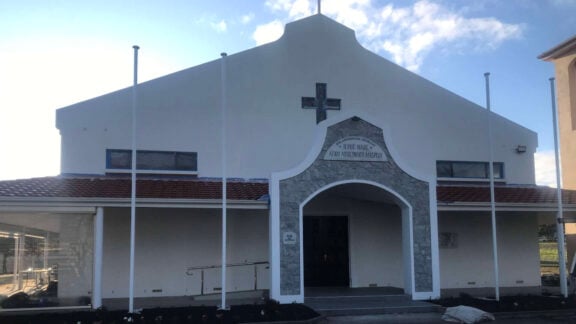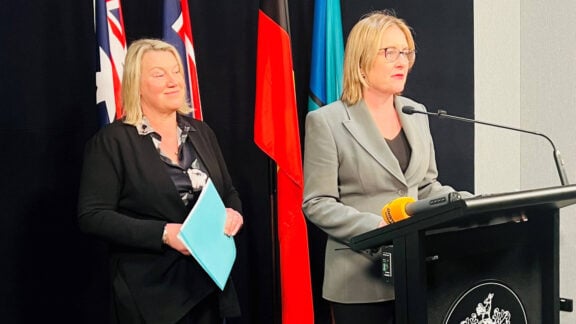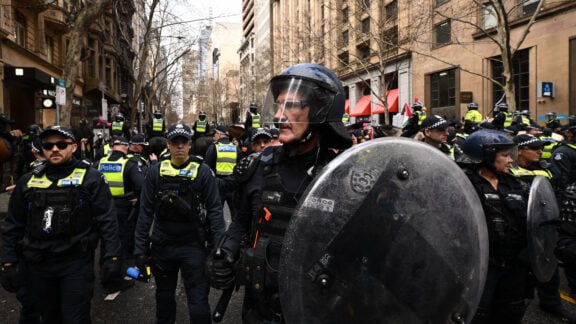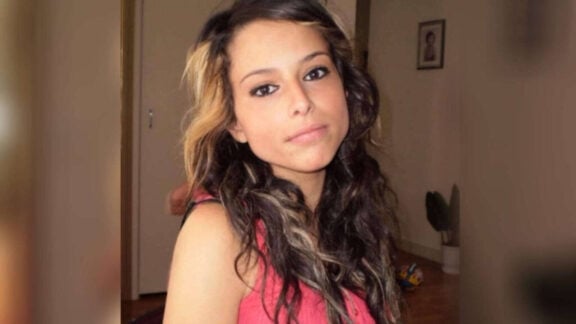A tax on football department spending and shared match-day revenues are among several new measures being considered by the AFL in the new year.
The league has also proposed taking greater control of clubs’ revenue streams and increasing the centralised pool of money distributed to struggling clubs, amid concerns the rich clubs are running away from the rest of the competition.
The ‘luxury tax’, which was floated in a discussion paper sent to clubs in 2013 as part of a review of the AFL’s equalisation policy, would not directly lead to clubs being restricted by a cap on their football department spending. It may instead mean that rich clubs, once past the pre-determined limit, are taxed around 15 to 20 per cent in the dollar – with the revenue placed into a special fund that not so rich clubs can benefit from.
Another suggestion is that clubs would split game-day revenue, including gate receipts and possibly including reserved seats and membership takings. At the moment, home clubs retain all gate receipts.
Many of the not-so-well-off clubs struggle to break even from home games, such as the Western Bulldogs at Etihad Stadium, highlighting the gap between the haves and the have-not sides.
The AFL’s research has noted that the richest four clubs have played in the finals 21 times in the past seven years, compared with just 12 appearances by the four smallest clubs.
Figures sent to clubs this season as part of a discussion paper on the AFL’s equalisation policy show the richest four clubs have generated an average $10.7 million a year of club-sourced revenue since 2004, more than $6 million more than the bottom four clubs and well above the $7.4 million league average. The net club raised revenue includes sponsorships, signage, events, fund-raising, hospitality, match receipts, membership and merchandise.
The AFL is also seeking feedback on a proposal that would give the league control of more of the clubs’ revenue streams for distribution to the poorer clubs – something that would be applied where the league was able to generate a larger return than the clubs could. Clubs have been asked to submit their opinions on the proposed equalisation policy before next season.
The AFL’s two new clubs – Gold Coast and Greater Western Sydney – were not factored into the equation.
Advertisement
AFL proposes to tax rich clubs
Research shows widening financial gap between top and bottom clubs








